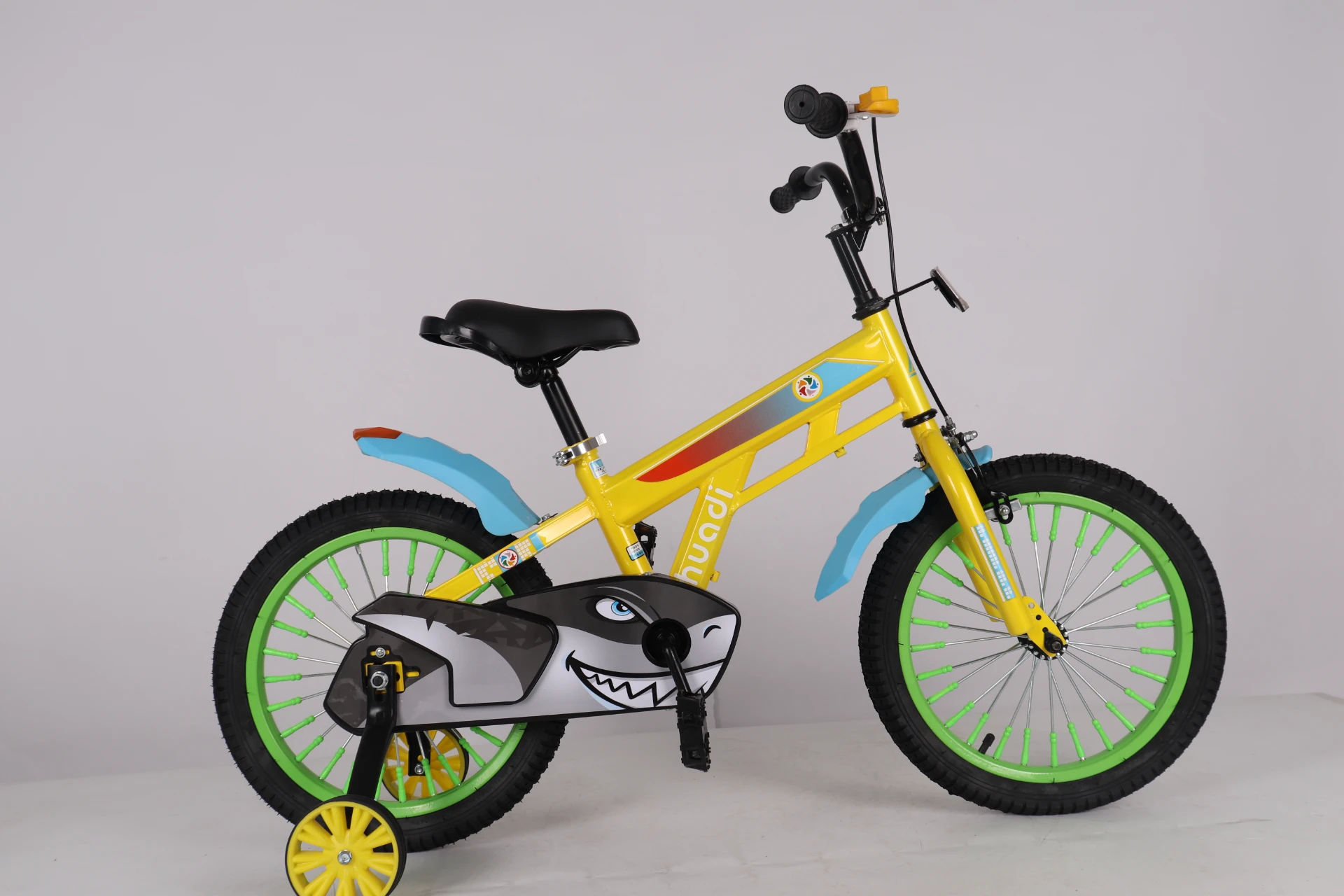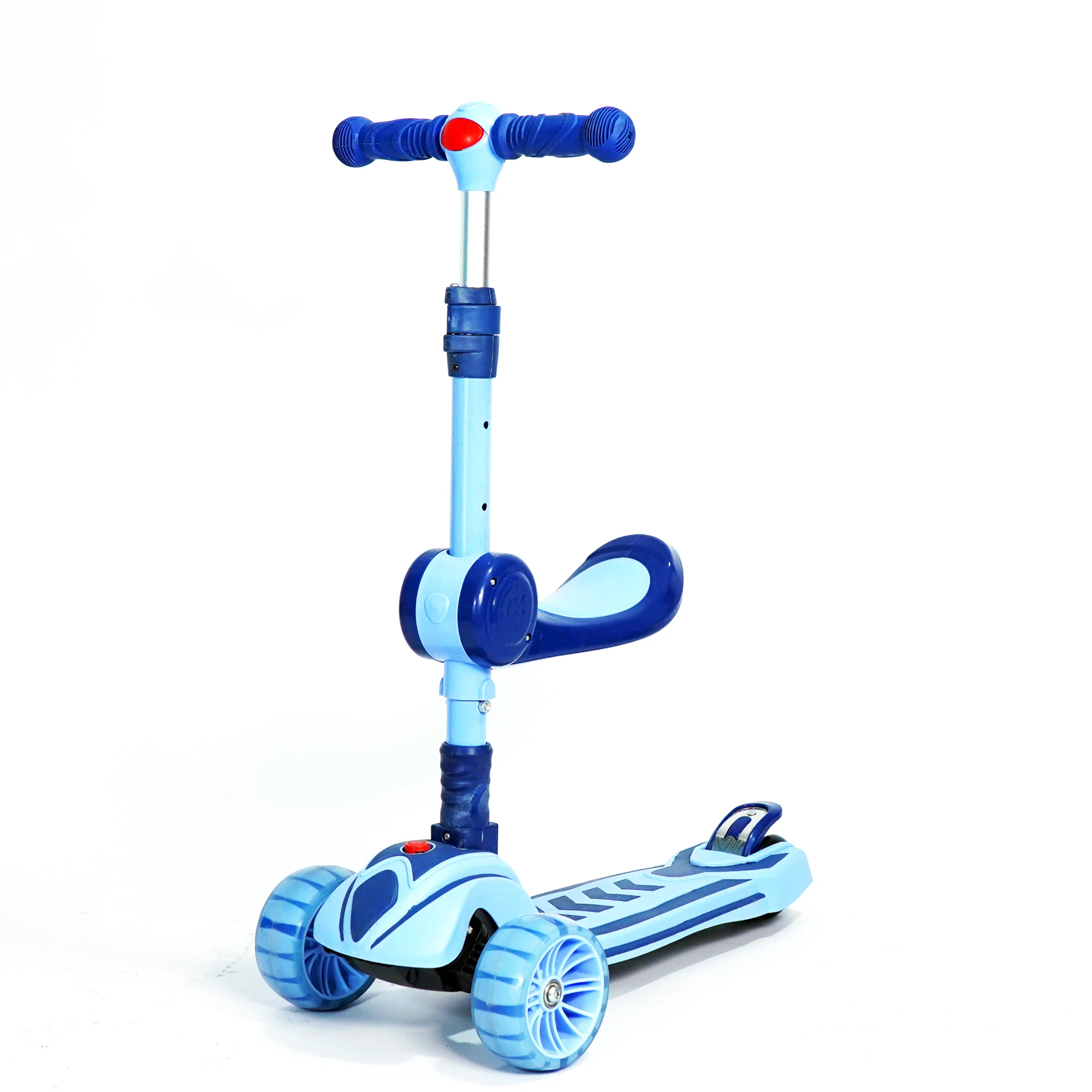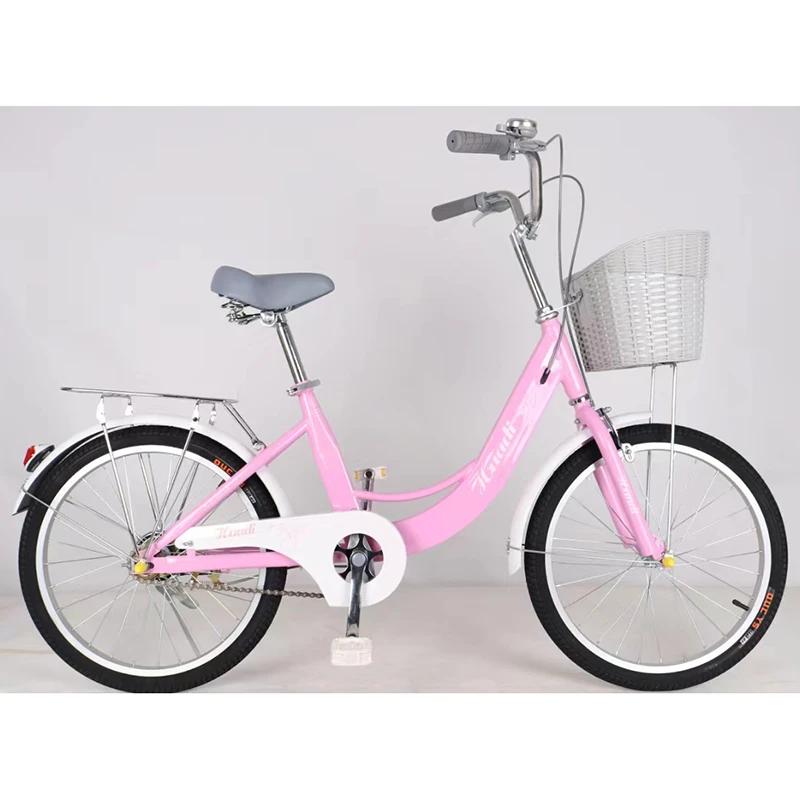balance baby bike
Finding Balance The Joy of Baby Bikes
In a world where the hustle and bustle of daily life often overshadows the simple pleasures of childhood, the concept of balance takes on a whole new meaning, especially when it comes to young children learning to ride their first bikes. Baby bikes, specifically designed for toddlers and preschool-aged children, are an excellent tool to foster not only physical coordination but also emotional well-being in early childhood development.
The introduction of a baby bike serves as a rite of passage for many children, marking their transition from crawling and walking to the exhilarating experience of cycling. These bikes, often balance bikes without pedals, allow children to focus on learning balance and steering without the complexities of pedaling. Through their adventures on two wheels, kids discover a new sense of independence and confidence. The thrill of zooming down a gentle slope or expertly maneuvering past obstacles instills a sense of accomplishment that can last a lifetime.
Finding Balance The Joy of Baby Bikes
The emotional and social benefits of riding a baby bike are significant. When children engage in biking, they often do so in parks or open spaces where other kids play. This environment fosters social interaction, as children learn to ride alongside peers. They cheer each other on, share tips, and celebrate achievements together. Such interactions can enhance social skills and create a sense of community, as kids bond over shared experiences and challenges.
balance baby bike

Moreover, riding inspires physical activity, crucial for developing healthy habits from an early age. In an era where screen time is prevalent, getting children outdoors and active is more important than ever. The simple joy of riding a bike can reduce the risks associated with a sedentary lifestyle, including obesity and related health issues. Parents often report that biking promotes overall well-being, improving not only physical health but also mental health as children find joy in their outdoor adventures.
Balancing safety and stage-specific development is paramount when selecting a baby bike. Parents should ensure that their child is outfitted with appropriate safety gear, such as helmets and knee pads, while encouraging independence in a safe environment. Supervision is critical, especially for younger children, to ensure they explore their capabilities without the risk of accidents. Teaching them about road safety and respect for their surroundings reinforces responsibility and maturity.
The importance of balance in life can extend well beyond the physical act of biking. As children pedal around parks and sidewalks, they learn valuable life skills, such as patience, perseverance, and the ability to face challenges and risks. These skills serve as a foundation for successful navigation through life's ups and downs.
In conclusion, baby bikes represent more than just a mode of transport for the little ones; they symbolize freedom, growth, and the pursuit of balance in all aspects of life. By investing in a baby bike, parents not only support their child's physical development but also nurture their emotional and social well-being. As kids take their first few shaky rides, they embark on a journey filled with learning, laughter, and lasting memories—one that beautifully illustrates the joy of balancing play with life's many adventures.
-
Unleash Your Adventurous Spirit with All Mountain BikesNewsOct.31,2024
-
The Perfect Ride for Your Little Ones: Kids TricyclesNewsOct.31,2024
-
The Joy of Riding: Quality Kids Mountain BikesNewsOct.31,2024
-
The Excitement of Kids Scooters – Choose Your Adventure!NewsOct.31,2024
-
Kids' Bikes: Find the Perfect Ride for Your Little OnesNewsOct.31,2024
-
Experience the Fun of Swing CarsNewsOct.31,2024
-
Why a Giant Bike for Kids is a Top ChoiceNewsOct.24,2024








